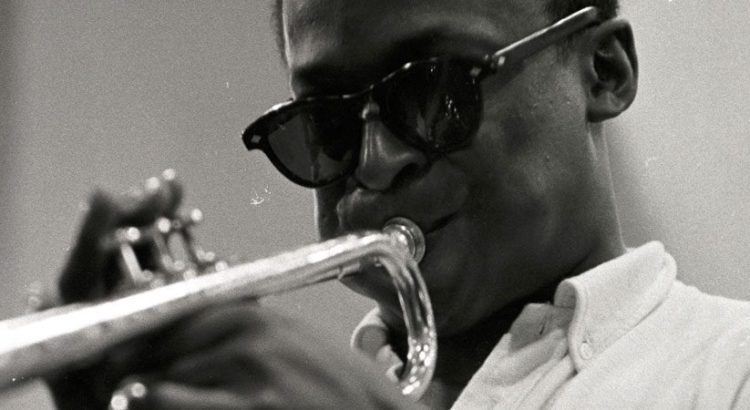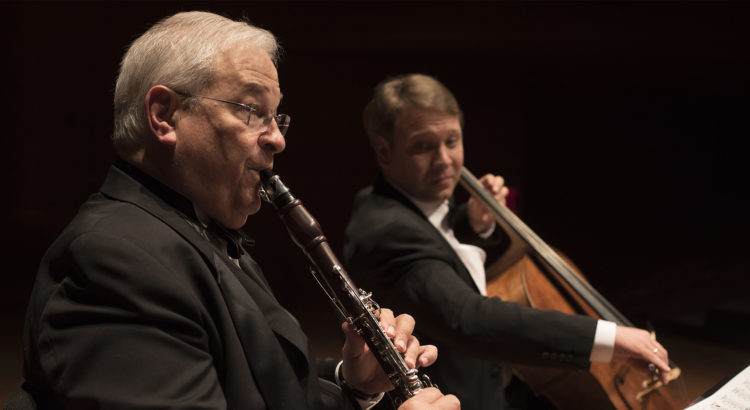The Saturday evening performance by Chick Corea Trilogy at Hill Auditorium featured jazz legend Chick Corea (the fourth most nominated artist in GRAMMY history) on piano, Brian Blade on drums, and Christian McBride on bass, and it left no doubts that all three musicians have more than earned their place among jazz greats.
Christian McBride shone on the bass, garnering fervent applause from the audience every time he had a solo. In fact, he appeared to steal the show; as his hands flew across the instrument’s fingerboard, audience members shook their heads in disbelief that what they were witnessing was, in fact, real. When he pulled out his bow – which wasn’t until the third piece of the evening, Duke Ellington’s “In a Sentimental Mood” – the sound that rung from the stage was rich and warm, before he deftly slipped it back into its pocket and returned to playing pizzicato (plucking the strings). I, too, found myself smiling in awe each time McBride demonstrated his versatility and virtuosic skill.
While the trio performed several timeless works by the likes of Duke Ellington and Thelonious Monk, much of the set list comprised of arrangements by Chick Corea himself, including “La Fiesta,” “Windows,” “Spanish Song,” and what I found to be the evening’s most fascinating piece, “Scarlatti Intro Improvisation.” Performed as a lead-in to a keyboard sonata by 18th-century baroque composer Domenico Scarlatti, it pushed the boundaries of what was expected (in introducing the pieces, Mr. Corea remarked that he “tried to invite Scarlatti out for coffee, but it didn’t work out,” much to the audience’s amusement). In the first place, a keyboard sonata from the 1700s isn’t what one usually expects to hear in a jazz concert. However, Chick Corea’s ingenious lead-in capitalized further on this challenging of norms and included him playing the piano in unconventional ways. He plucked the strings of the open grand piano, and then ran his hand across the strings, creating new and creative sounds, and the audience loved it.
After several returns to the stage at the conclusion of the show, the trio performed “Blue Monk” by Thelonious Monk as an encore, and Chick Corea engaged the audience in the music. He would play a one of the piece’s short motifs on the piano, and then point at the audience to sing it back during the piece. The brief licks increased in complexity until by the end, all we could do was laugh when Mr. Corea pointed for us to sing. It was a memorable end to an evening of unforgettable jazz – when I walked down the sidewalk from Hill Auditorium a short while later, I was still humming those little tunes from “Blue Monk” to myself.





